Japan’s Prime Minister, Fumio Kishida has proposed a New Capitalism regimen, one that he states will be fairer in nature and favour the poor more. The country also introduced lessons on finance and investing into its high school curriculum, an idea quite rare in Asia.
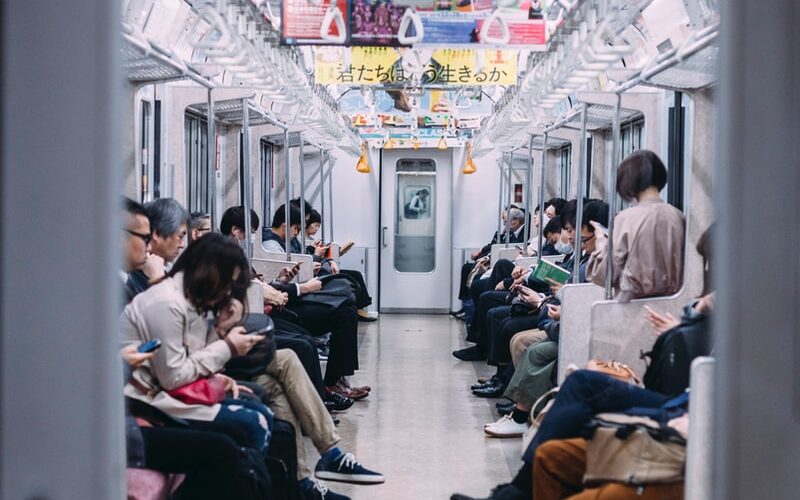
So what?
While these seem like laudable initiatives, what are young people to do in a financial market that is in a cycle of boom and bust? According to asset managers, millennials, and younger investors in Japan and across the globe want their investments to be directed to climate change challenges. With such fragile financial architecture in place, will crucial areas of financial flow remain neglected and be worsened as a result of growing disparity due to market capitalism? Can this move by the Japanese government allow us to imagine a more effective system where capital is prioritized to fight climate change? Will we see the rise of new forms of financial partnerships or a shift from “pure” market capitalism to quasi-state capitalism or more planned economic models?
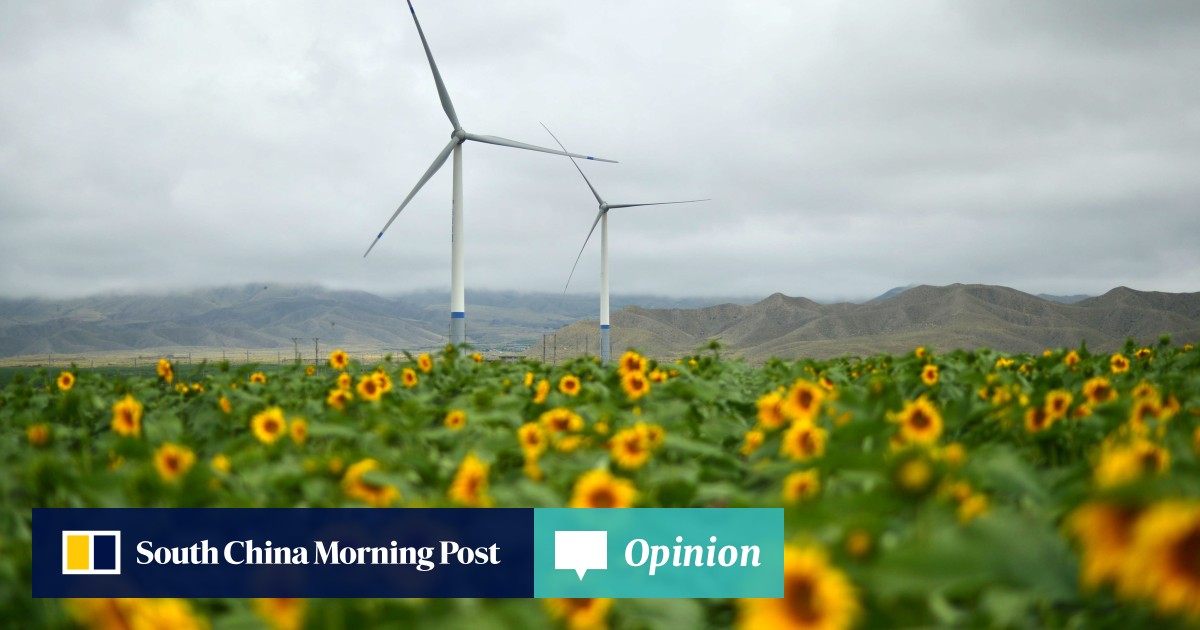
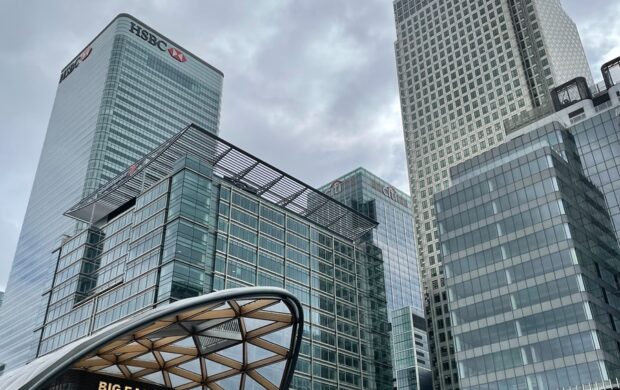

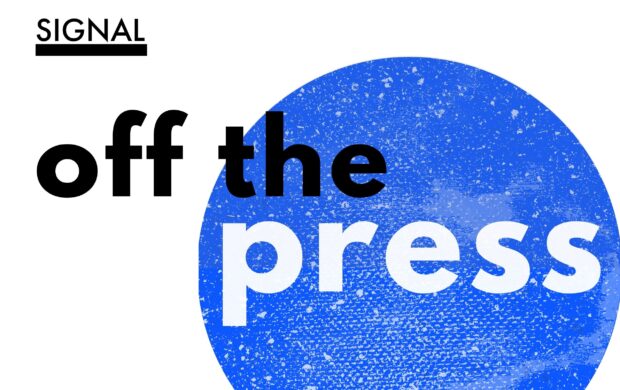

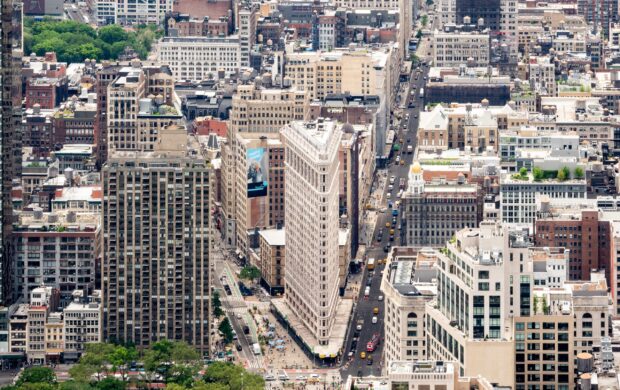
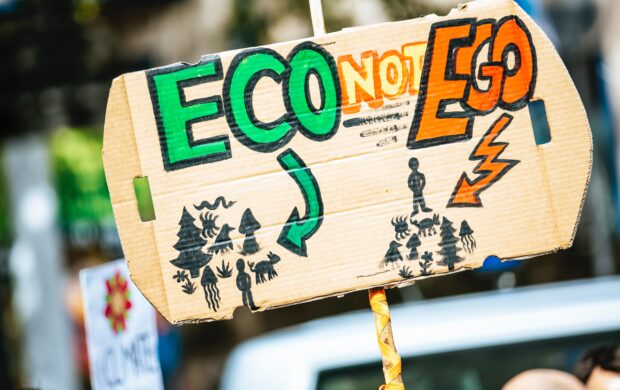
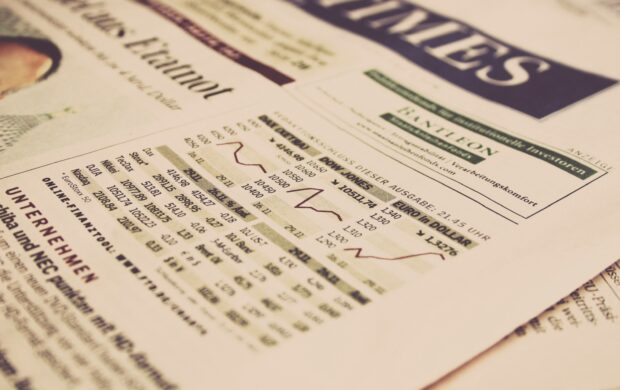
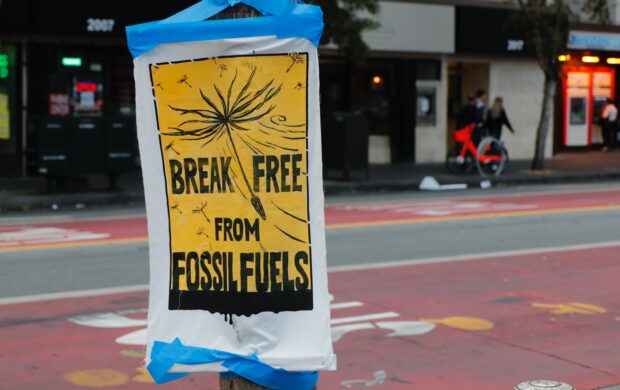

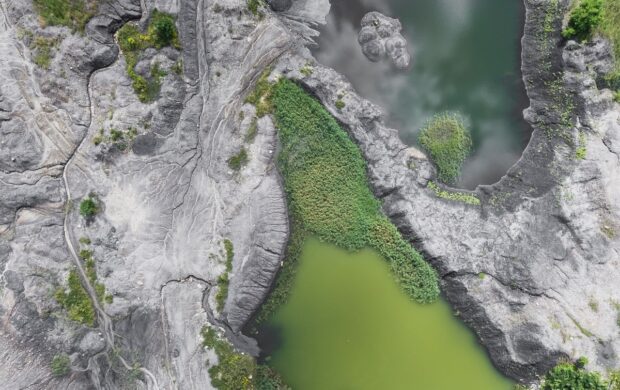








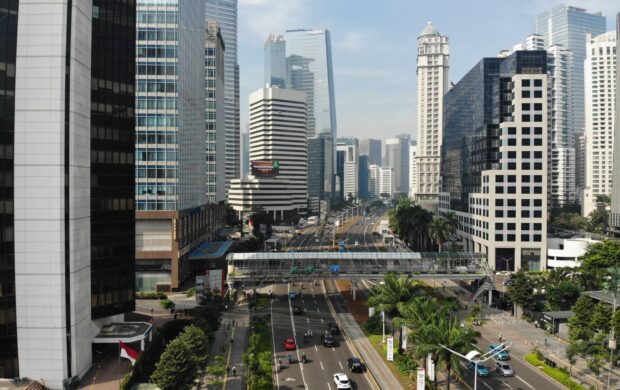


Join discussion